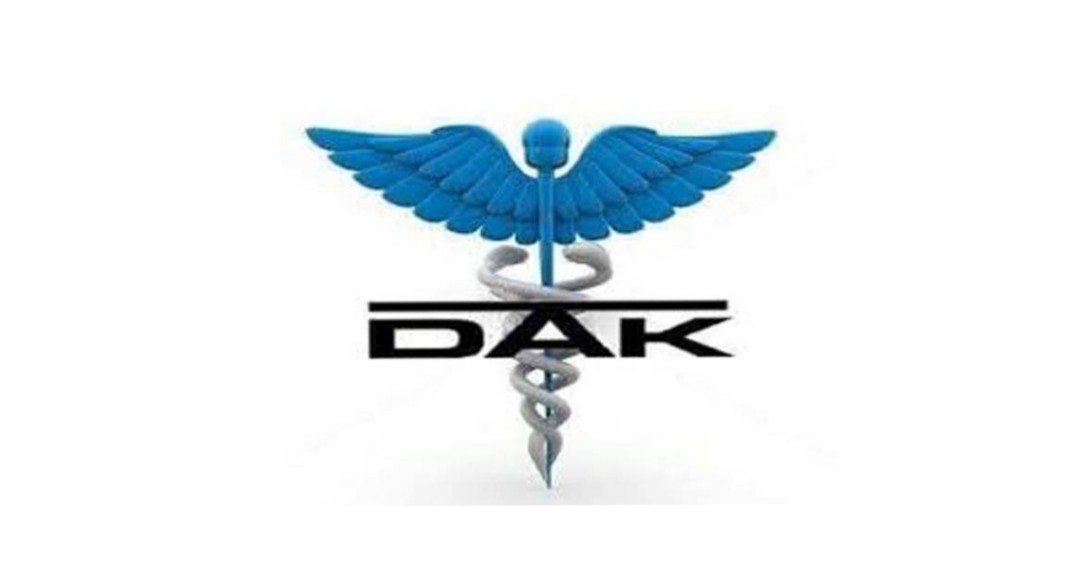Srinagar 12 February (KNB): Doctors Association Kashmir (DAK) on Friday said most of the doctors, nurses and paramedical staff in Kashmir are opting out of Covid-19 vaccine.
DAK President and influenza expert Dr Nisar ul Hassan said that more than 80 percent of the healthcare workers have turned down the vaccine, adding that out of 7,000 healthcare workers at Government Medical College Srinagar and its associated hospitals, only 1,167 (16.67 percent) have received the vaccine as on February 09. 5, 833 workers (83.33 percent) have opted out of the vaccine.”
He said that such a large percentage of medical personnel declining to take the vaccine is a major concern.
“It is a troubling development, especially since healthcare workers are at higher risk of contracting the virus and their sickness would mean disruption of the healthcare delivery system,” said Dr Nisar.
“Medical staff would imperil patients by snubbing Covid19 shots,” DAK President said, “Unvaccinated staff have the potential to transmit the disease to patients who are vulnerable to Covid related complications and death.”
He said the most frequent explanation for hesitancy is mistrust and misinformation and another reason for reluctance is that most healthcare workers are young and they feel invincible.
“Some simply want to wait as they are fearful of being first in line. Those who have recovered from Covid-19 believe that they don’t need the vaccine,” Dr Nisar said.
He said that vaccine hesitancy in healthcare workers will have implications on vaccine coverage among the population. “The idea of vaccinating healthcare providers first is to help pave the way for broader vaccine acceptance,” said DAK President.
“But if they are reluctant for the vaccine, we will be having a huge challenge in convincing the general population to take the vaccine,” Dr Nisar said, adding that the vaccine confidence among healthcare workers is vital in promoting public vaccine confidence.
“We have a lot more to do to get the healthcare workers to take the vaccine. Simply making it available is not enough – we have to make a more precise and targeted approach to overcome hesitancy among them,” said Dr Nisar. (KNB)

